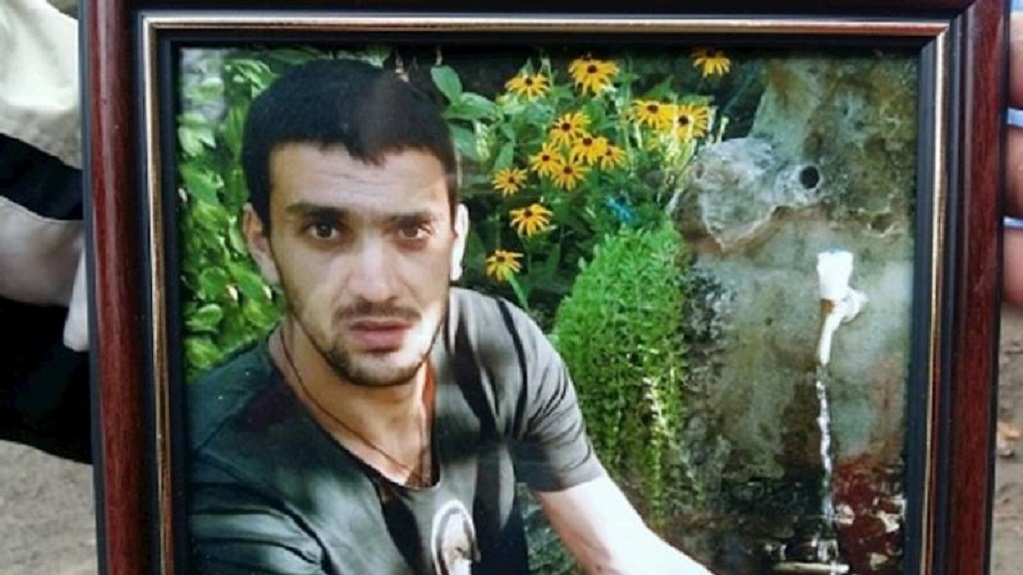Human rights organization Social Justice Center submitted a complaint to the European Court of Human Rights regarding the 28-year-old Amiran Kvirikashvili suicide case in Kharagauli Municipality. According to the family members of the deceased, Amiran Kvirikashvili take his own life due to pressure from the police.
News
Amiran Kvirikashvili’s mother raised a complaint on the violation of Articles 2 (Right to life), Article 3 (Prohibition of torture, inhuman and degrading treatment), and Article 13 (Right to an effective remedy) of the European Convention on Human Rights.
Amiran Kvirikashvili committed suicide on November 4, 2017.
A week earlier, on October 28, he was summoned to the Kharagauli police station “for a conversation”. According to the information of the family members, Kharagauli police deputy head accused Amiran Kvirikashvili of stealing scrap metal, slapped papers in his face, and threatened to “take care of him”.
“Either you cooperate with us or you will be detained, they told him. It was a threat he could not bear. He told me that either he should kill himself or he should kill them. He could not harm them and he hurt himself... You have handed in a lot of scrap metals, he was told... As I understood from his conversation, there was psychological pressure that he could not withstand”, said Nato Kvirikashvili, sister of the deceased.
Kharagauli police investigated a suicide case for almost a week, which is illegal because Kvirikashvili allegedly killed himself due to pressure from the same division. It was after only 5 days that the case was handed over to the prosecutor’s office. The investigation has not yet been completed.
According to Social Justice Center’s assessment, despite the contrary evidence in the case, the prosecutor’s office unconditionally considered the hypothesis developed by the Kharagauli police department, as if the reason for Amiran Kvirikashvili’s suicide was his poor health and economic situation.
“In addition, the prosecutor’s office did not carry out a number of important investigative actions, namely: commission examination to investigate the health condition of the deceased before death, reconstruction of events related to the interrogation of the deceased in the police, post-mortem psychological examination, interview of witnesses who could provide important information for the case, etc. Prosecutor’s office did not try to verify the statements of witnesses and eliminate contradictions among them. In addition, the investigation could not establish the reason for calling the deceased to the police station and the content of the interview with him. A large part of the investigative activities was carried out late, and the summary decision on the case had been delayed for more than five years,” Social Justice Center states.
Considering these circumstances, the applicant points out that the investigation conducted by the Prosecutor’s Office is ineffective and does not meet the standards of the effective investigation established by Articles 2 and Article 3 of the Convention.
A few days ago, the European Court of Human Rights published a decision on the case of 19-year-old Temirlan Machalikashvili, who was killed as a result of a special operation in the Pankisi Gorge on December 26, 2017, and found a violation of Article 2 (the right to life) in its procedural aspect. In its decision, the court points out the ineffectiveness of the investigation and points to its shortcomings.















